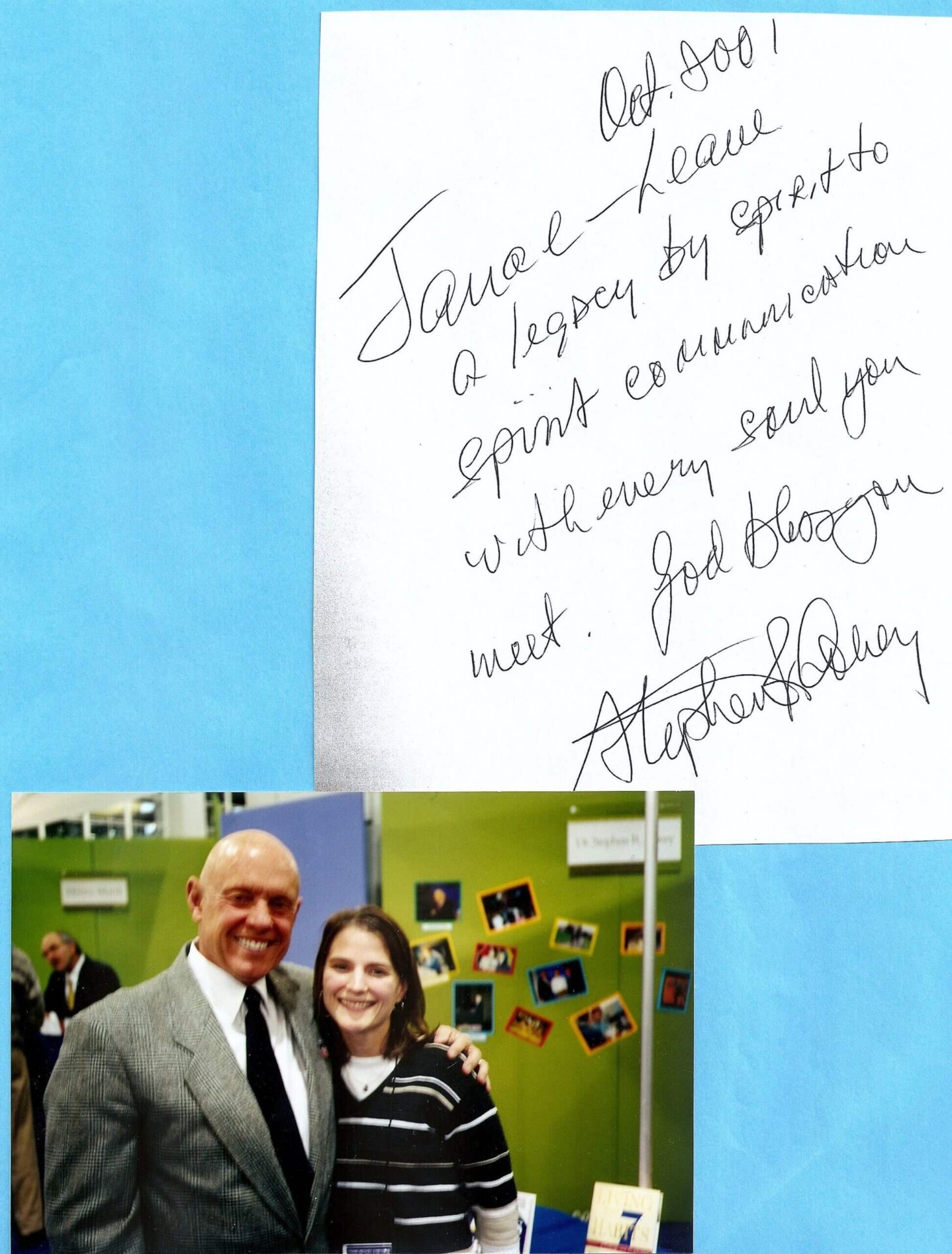I love the Olympics. I love watching the amazing things others can accomplish with dedication and practice. That has always been a favorite part of my job as well. Regardless of the organization or role I had within the organization, I have always loved watching others change, develop and grow to achieve amazing things. It’s how I ended up in HR. And no, I am not going to follow up that statement by, “I just love the people side of the business.” I just love business and have found that ordinary people can accomplish amazing things within the business by working hard and putting in the time to develop their talents.
At home, far from the Olympic stage, my son is currently looking to try out for a little league travel team. This is the first year he is eligible and he is excited to try. He doesn’t have as much raw talent as some of the other players but he loves the game. What he doesn’t love is practicing the game especially when the temperatures hover above the 90 degree mark all summer. He sees working on fundamentals boring. He wants to be in the game. So as parents, my husband and I are struggling to get him to realize that if he going to make the team, he has to work for it. He will need to work harder than some of the players. He can be as good as those with the talent, but it will take practice to get there.
So what do you do with your average employees who may not have the natural ability to be superstars, but they love the game? Do you teach them their not good enough to make it or do you challenge them to put in the work? Go ahead; pull out a copy of their IDP. Oh, you don’t have one. You better get busy; they have a lot of work to do.
—
For more resources, See the Human Resources library.
—
Sheri Mazurek is a training and human resource professional with over 16 years of management experience, and is skilled in all areas of employee management and human resource functions, with a specialty in learning and development. She is available to help you with your Human Resources and Training needs on a contract basis. For more information send an email to [email protected]. Follow me on twitter @Sherimaz
















